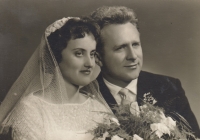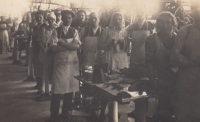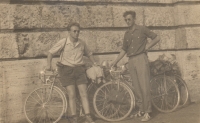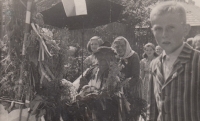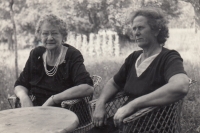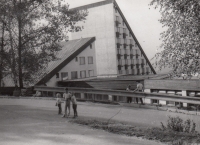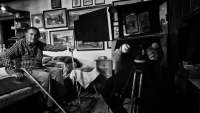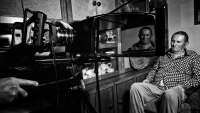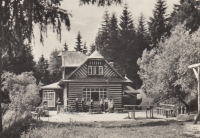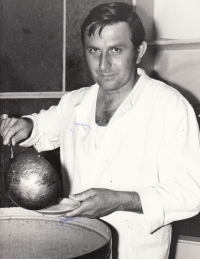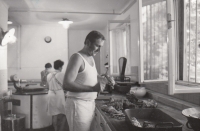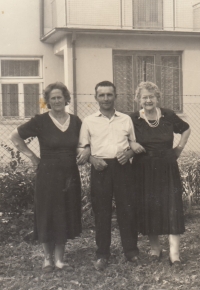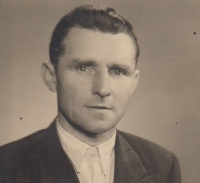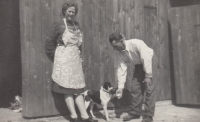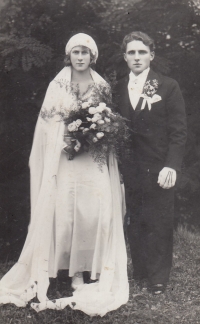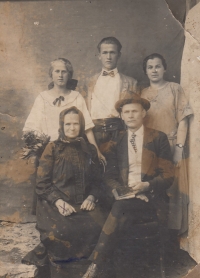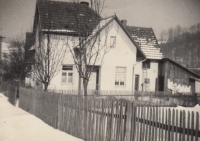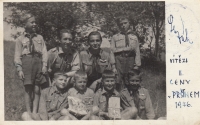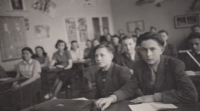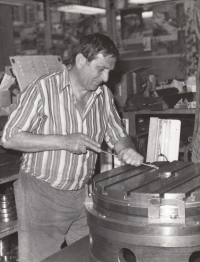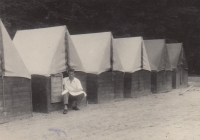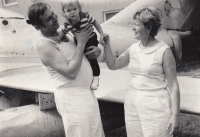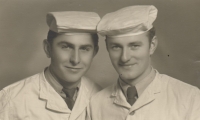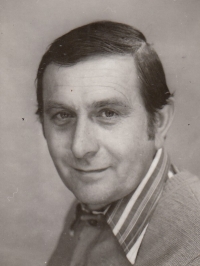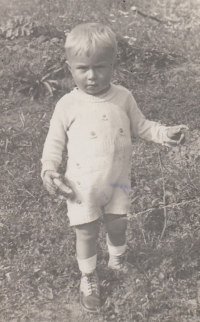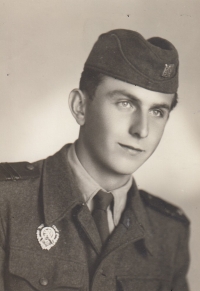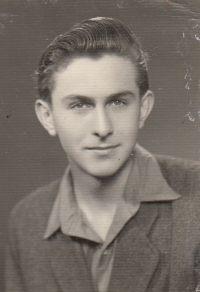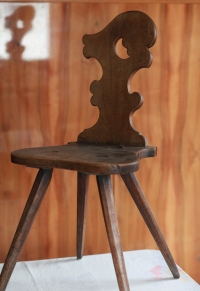No one betrayed us during the interrogations
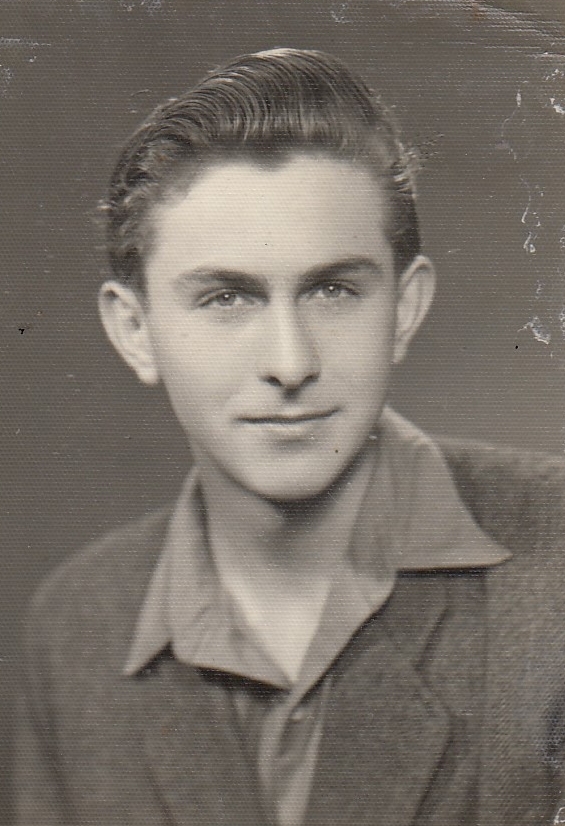
Download image
Zdeněk Švajda was born in Březnice in the Zlín Region on 18 December 1934 into the family of Jindřich, a Baťa shoemaker, and his wife Anna. One of the hotbeds of anti-Nazi resistance formed in nearby Zlín soon after the outbreak of the war. When the resistance fighters moved to the hills above Březnice during 1942, many locals joined them - both people in Březnice and the herders living in the hills helped the partisans with lodging, food, and money. Zdeněk’s father Jindřich joined the group as well. When the group was uncovered due to Stanislav Růžička’s betrayal, the Nazis raided the village twice, but thanks to the bravery of Březnice citizens who were arrested and interrogated harshly, Jindřich Švajda escaped the tightening noose. Thanks to the silence of those arrested, Březnice avoided the fate of Lidice and Ležáky. The Švajdas spent the liberation in the cellar, listening with fear to the firing and explosions. The Nazis set up a machine-gun nest near them. After a fierce battle, Soviet soldiers settled in the Švajdas’ house; Zdeněk witnessed the dying of a wounded captain and the post-war funerals of killed Germans that were not free from displays of rudeness and hatred. Zdeněk got his training as a cook and machinist in the late 1940s. He spent his entire career at the ZPS plant in Gottwaldov. He worked in the machining shop and, during the summer, he cooked summer camps held at the Jelenovská resort near Valašské Klobouky, which was regularly visited by senior state officials, artists, and TV personalities. Zdeněk Švajda once roasted a pig for the then General Secretary of the Communist Party of Czechoslovakia Milouš Jakeš. When the communist regime collapsed, the witness and his wife Jindřiška took part in street demonstrations in Gottwaldov. At the time of the interview, he and his wife were living in their native home in Březnice.
